What’s the Buzz
The Bee Healthy Blog
Dialysis: Not Filtering Hope

The year is 2004, and no major hospital in Vietnam could answer why my kidney function was declining as I experienced swelling in my legs. As a 14-year-old girl, I just wanted to be healthy. Fast forward to 2006, and I'm walking out of a plane alone with my mother in sight. I had arrived in the United States, and I believed—no hoped—that everything would be alright. Well, I was diagnosed with renal Lupus. I was 16, taking medication in an amount that kids would have dreamed of eating candy. It was a lot to unpack for a teenager. Consequently, I began maturing way too quickly because of an illness I could not control, but it would ultimately set me on a path to help others.
I had decided to become a pharmacist to help others understand their medications while minimizing the overall amount and financial burden. While pursuing my bachelor's degree, my Lupus was somewhat controlled until my junior year of undergrad. At that point, I began having flares resulting in multiple hospitalizations. I had so many ups and downs, and eventually, my kidneys failed. I had to be put on dialysis during my second year in pharmacy school at Auburn University in 2014 for 4 months. Three days per week, I watched the live-streamed lectures as I was being dialyzed at a dialysis clinic, and once again, I felt like that 14-year-old girl in Vietnam who just wanted to be healthy and live a normal life. Fortunately, I regained kidney function, but it was swiftly followed by failure in the Spring of 2016, 4 months before my graduation from pharmacy school, resulting in 19 months of both hemodialysis and peritoneal dialysis. Despite the love and support from my family, friends, and faculty, this was 19 months of pain, uncertainty, loneliness, feelings of defeat, and increased vulnerability, before my first kidney transplant was confirmed.
For the entire 19 months, I held fast to my career as a home infusion pharmacy manager. I worked hard despite my health because I wouldn't let my Lupus or CKD define who I was or my capability. I was overjoyed when I received my kidney transplant, and I believed this would be the time for me to make strides in my career and live the life I always wanted. However, life has a way of testing you and making you feel weak. I was fortunate that this time I wasn't alone.
In 2019, I had relocated to Pennsylvania with my now fiancé. Things were going well until my transplanted kidney began to fail that year in March. If you have chronic kidney disease (CKD), you're probably thinking exactly what I was: "Of course. Just my luck." By September of 2020, I was back on hemodialysis at home. My fiancé was in medical school, but he made sure to go to my appointments with me and help with my home-based hemodialysis. Unfortunately, all those feelings from the 19 months before my first kidney transplant came rushing back, but I had someone working hard to keep them at bay this time. Along with a fantastic healthcare team, supervisors, and colleagues, my fiancé supported me emotionally and physically. I believe this was one of the main reasons I made it to my next transplant, which was a blessing, in March of 2020. My other reason was my perseverance. To my benefit, I worked the entire time as a clinical pharmacist during that wait. With my support system, I found it in me to remain an integral part of the hospital pharmacist team.
I'm sharing this with you because I am someone who understands. I became a pharmacist to find the most effective medications for patients like us who seem to need them in increasing amounts. Yet, that is not the only thing I bring to the table. I am someone who has and will continue to weather the journey of CKD. I have seen the depths of loneliness, vulnerability, powerlessness, and every other emotion that finds us at our lowest points, but I am here to tell you that you can make it through it. No matter your support system, I am rooting for you. As someone in your corner, here are some things you should know if you were ever to find yourself on hemodialysis or peritoneal dialysis. The following will give you some basic information on electrolyte imbalance, specifically potassium, and last but not least, infection.
As you may already know, CKD patients are subjected to numerous types of electrolyte imbalance — potassium, sodium, calcium, magnesium, and phosphorus. I chose to talk about potassium because I believe this is one of the most challenging electrolytes to get under control. I know from personal experience as someone who was hyperkalemic (having too much potassium in the blood) due to a lack of knowledge on specific potassium-rich foods such as skins on potatoes. Firstly, potassium is present in various types of food and beverages, including popular fish like salmon, tuna, and snapper. Tomatoes, potatoes, legumes, all kinds of fruits, and leafy greens that are good for your health are also packed with potassium. As someone who loves fruits, I was devastated when my nephrologist handed me a sheet of potassium-rich foods that I needed to avoid or at least cut-down. I will not lie and tell you that this is not a big deal, and you will get used to it soon. However, I can tell you that you can make adjustments to make the transition easier. You should familiarize yourself with potassium-rich food and research the potassium content of the type of food you like or eat regularly. The internet is a bottomless well of knowledge; there is no doubt you can find valuable, helpful information just by a few keystrokes. However, keep in mind that your dialysis dietitian and nurses are also your friends. I would recommend doing your homework and discussing with them concerns and questions you may have. Not only does a good renal diet improve your quality of life, but it also decreases your chance of having hyperkalemia, leading to unpleasant and even life-threatening adverse effects.
The last thing I would caution you about if you're ever on any form of dialysis is infection. Infection can be very common with different forms of dialysis, especially if it's being done at home. It can be hard to tell symptoms initially because weakness, fatigue, and just feeling lousy overall at times seems to be a regular day. My concern lies within the possibility of sepsis, an infection in the blood. The mortality rate is high, and with all the other comorbidities associated with CKD, an infection with clear warning signs should be treated. Things you should be wary of externally are catheter sites that look red and inflamed/angry. These areas may or may not have ulcers or discharge. Other signs of infection are fever, decreased blood pressure, and increased heart rate with reasonable suspicions of infection. You should contact your doctor immediately if you have any suspicions in addition to these signs, and your doctor will inform you of the appropriate next step.
As a patient with CKD, a pharmacist, and one of your supporters, I hope this blog post speaks to the resilience we have as a community. I hope it illuminates those dark thoughts you have when you're alone, and I hope it breathes hope in a time of hopelessness. I hope because I know it's all we have at times, but I want you to know you're not alone. Even though I am a CKD patient, I am not the only person on your care team with your best interest at heart. I hope you feel supported wherever you are. Happy National Kidney Month. You can help support the fight against kidney disease by getting a free BuzzRx prescription discount card benefiting the National Kidney Foundation.
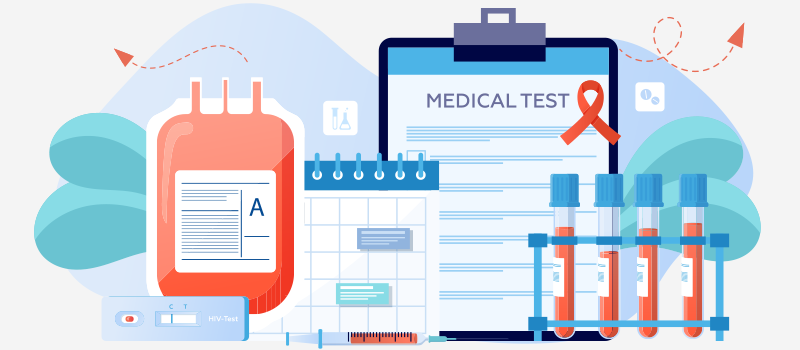

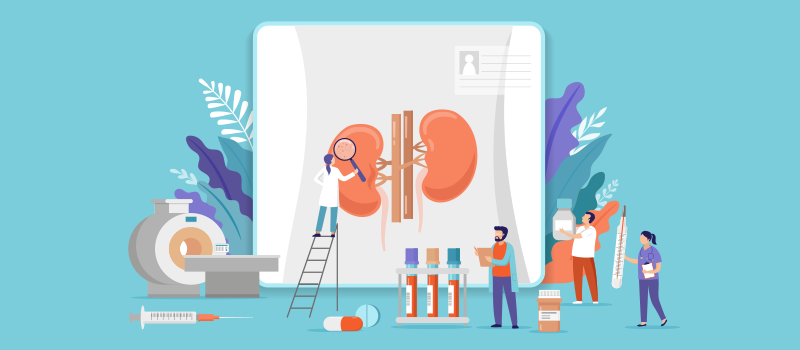

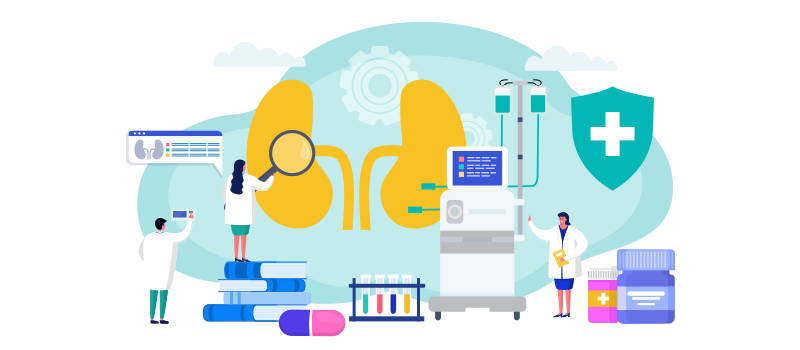

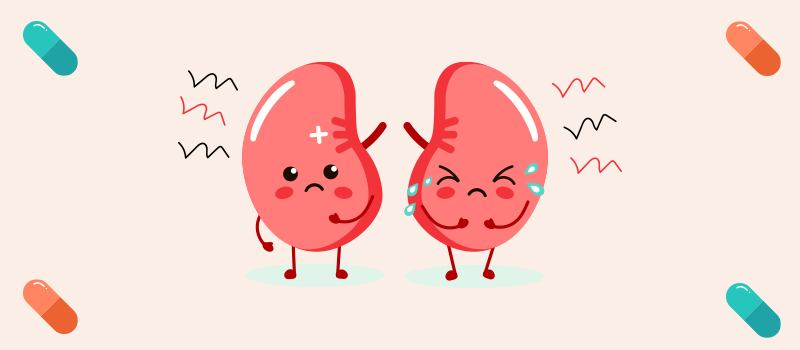
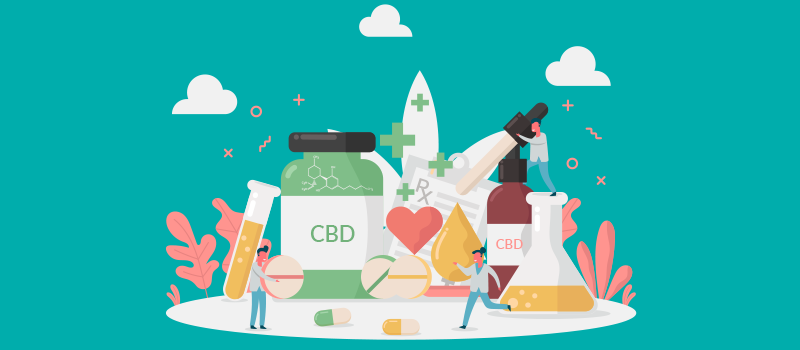



SOCIAL